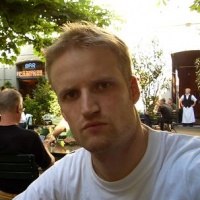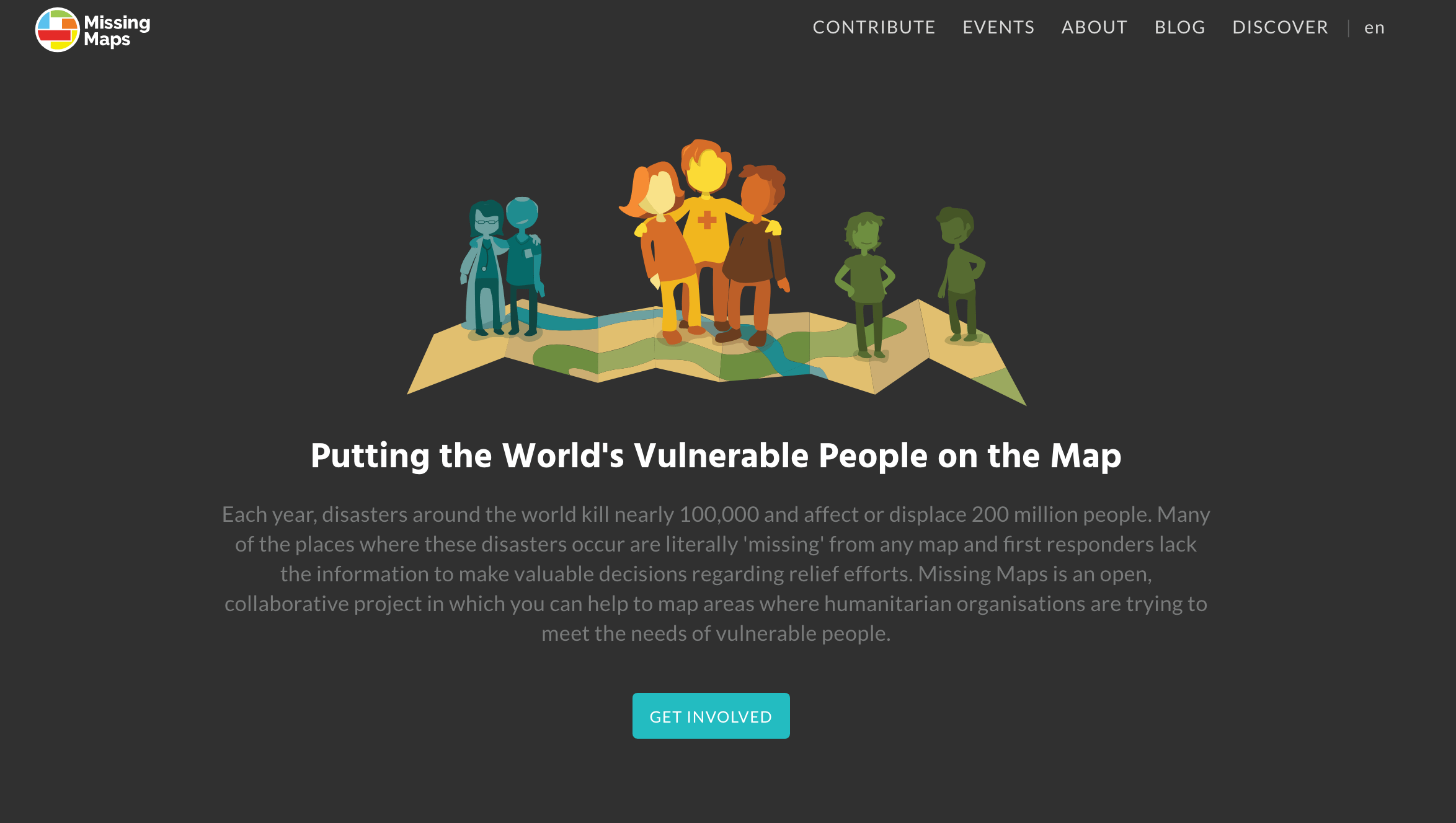
Harry Wood
Bio
I was heavily involved in OpenStreetMap since the early days, as a mapper, developer, documenter, wiki gardener, and communicator within the community. In 2010 I got involved in the Haiti earthquake response, and then with HOT as it formed. It was my honour to serve on the board of HOT from July 2011 until stepping down March 2015.
I remember the chaotic but beatifully organic nature of the Haiti mapping response. It's still one of the best stories to tell. How the OpenStreetMap community came together quite spontaneously (before HOT existed), and produced detailed maps which aid workers then stumbled upon, almost by accident, and found fantastically useful. But I remember two big frustrations at the time. The main priority mapping had been done, and so the huge influx of beginners who arrived keen to help with mapping, were given confused instructions about how to find missing patches to work on. The HOT Tasking Manager was since developed to tackle this, but it was with Typhoon Haiyan onwards that I saw the team really coalesce around some processes with this tool, resulting in really huge disaster responses, welcoming contributions from thousands of new mappers (Described in my Typhoon Haiyan talk). The other frustration at the time of Haiti was that, despite some great responses from some aid agency users, there was a feeling of huge untapped potential when it came to map usage. That was the main focus of a blog post I put out at the time. This remains a problem, although in general the toolsets around OpenStreetMap are improving and becoming less difficult to use all the time. The other fantastic change we have seen, is far more direct involvement from some big humanitarian organisations. MSF and the Red Cross in particular have noticed the benefits of OpenStreetMap to the extent that they're directly involved in getting more people contributing through programmes like The Missing Maps
It's fantastic to observe these things happening, but I've also enjoyed getting stuck in and helping to make these things happen over the years. We're a very open organisation, particularly at the level of practical improvements, so "getting stuck in" is something anyone can do!
In the past I have taken a leading coordination role in many activations. But I like to lead by example. I think it's always good to ground ourselves in doing lots of mapping. The simple thing which we ask new poeple to do, we should be familiar with doing ourselves. Personally I love the simple pleasure making mapping contributions. I don't always have time to do a lot, but I try to do a little, as a sanity check, to ensure our instructions make sense. In addition I often end up doing a lot of wide-range validation (so trying to ensure quality results by doing very broad checks). I think we still need more of this, although The Missing Maps project, and the HOT community are getting smarter when it comes to validation processes driving up quality.
I like to see the wiki being used as a way for us to collaborate on coordinating activations. I think we should make a wiki page per disaster, and link it from the "country" pages on the wiki. Then begin collaborating and organising as necessary from there. Anyone can do that, so it's a good way to spread the workload and get people helping organise things. I actually feel like the Tasking Manager has become too much of a central touchpoint in our processes. Instead we should coordinate on the wiki. I'm very confident with wiki editing though, and I appreciate that not everyone is. The idea would be to assemble some ideas first. Use the Tasking Manager when it's needed. Use other tools, such a bunch of notes, when that works better. But I can see that note-like features could be built into an altnate "project type" in the Tasking Manager. Will be interesting to see if it develops that way.
Posts
Interview on BBC World News
Last week we had a television interview, with me appearing alongside Andrew Braye from the British Red Cross, and with Pierre Béland joining us...
London HOT Congo Mapathon
What happens when you bring together people from Médecins Sans Frontières, with some people who are experienced OpenStreetMappers, and a bunch of people who...
Some editing stats from the Typhoon Haiyan response
On Friday I presented a talk at the Open Data Institute on "Typhoon Crisis Mapping With OpenStreetMap". You can see the slides and notes...
Japan earthquake and tsunami
OpenStreetMap used as a basemap for live disaster reports We've all been too busy for blogging lately, but the Humanitarian OpenStreetMap Team is of...
Pakistan floods
In July Pakistan was hit by massive flooding. Monsoon rainfall continues to feed the floods and the flood itself has killed tens of thousands...



